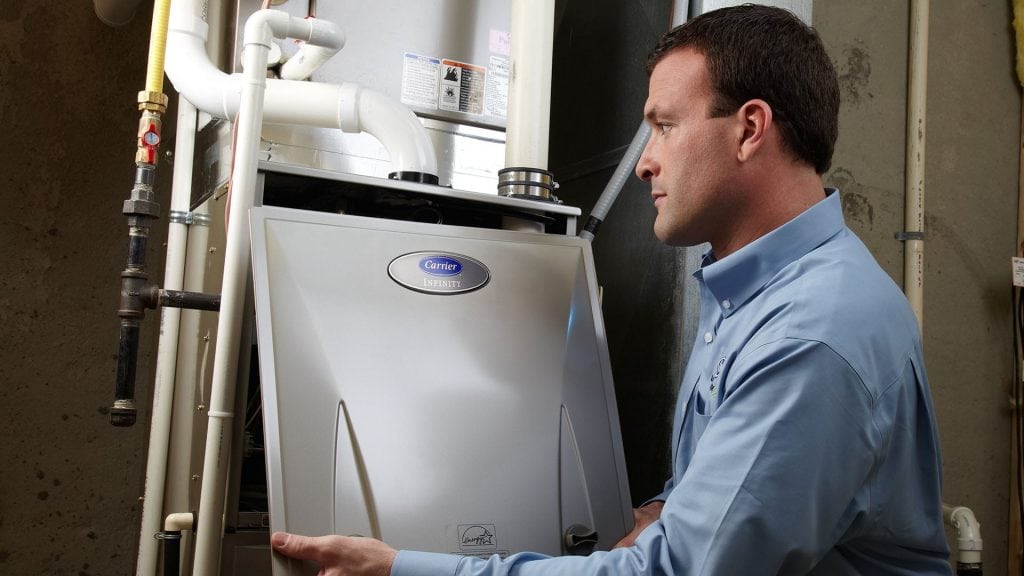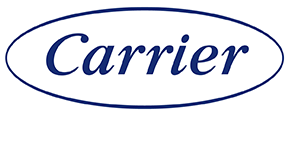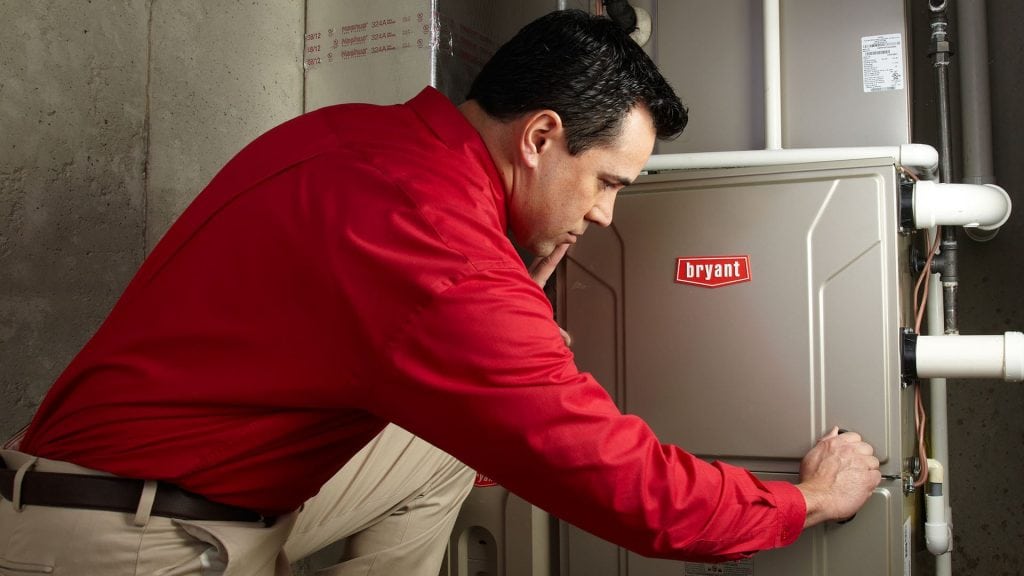It’s Hurricane Season – Is Your AC Compressor Safe?

It’s Hurricane Season – Is Your AC Compressor Safe?
Hurricane season spans from June until November for states in the southeast. Not only are hurricanes dangerous to you, your family and your home, your AC compressor is at risk of damage, too.
It’s important to know what precautions you can take to protect your air conditioning unit and its AC compressor before disaster strikes. You will save yourself stress and money when your cooling system is protected.
Severe Weather Can Damage Exterior Equipment
One of the most expensive components of your air conditioning unit is the AC compressor in your outdoor unit. Keeping it fully operational is vital to keeping your home cool when the temperature and humidity spike. Follow these suggestions to avoid potential damage during hurricane season:- Turn your air conditioner off. Ensuring your cooling system is off before the storm hits will prevent damage to your AC compressor if a power outage occurs. During an outage, circuits can blow, and when the power kicks back on, your AC compressor can fry. There is also the risk of your air conditioning unit catching on fire if there’s a power surge when the electricity returns. Your AC compressor and home will be safe during severe weather if the power is already switched off.
- Cover your exterior unit. Before a hurricane hits, cover your outdoor unit with a tarp. This will prevent harmful debris and water from getting inside and damaging your AC compressor. If the predicted weather isn’t a hurricane, it’s better to avoid covering your outdoor unit. Under other circumstances, a tarp can trap water inside your exterior unit and lead to mold or rust forming on the interior components.
- Utilize hurricane straps. Another prevention option in the most vulnerable areas is to secure your exterior unit with hurricane straps. Use the straps and tighten the bolts to anchor the base of the outdoor unit, avoiding damage in the event of high winds. If you are unsure how to assemble the straps to your unit, call AC Southeast® to find a licensed HVAC professional in your area to assist you.
- Keep your outdoor unit clean. Check your outdoor unit after any storm to ensure nothing has damaged the AC compressor. Tree branches, leaves, twigs and even lawn furniture get blown around during heavy winds. Don’t be the neighbor who forgets to anchor his or her backyard trampoline! Larger objects can bend the fins, and smaller objects can get stuck inside the unit, restricting airflow. The AC compressor depends on adequate ventilation to expel heat. If it can’t cool off properly, the AC compressor will overheat and fail.



